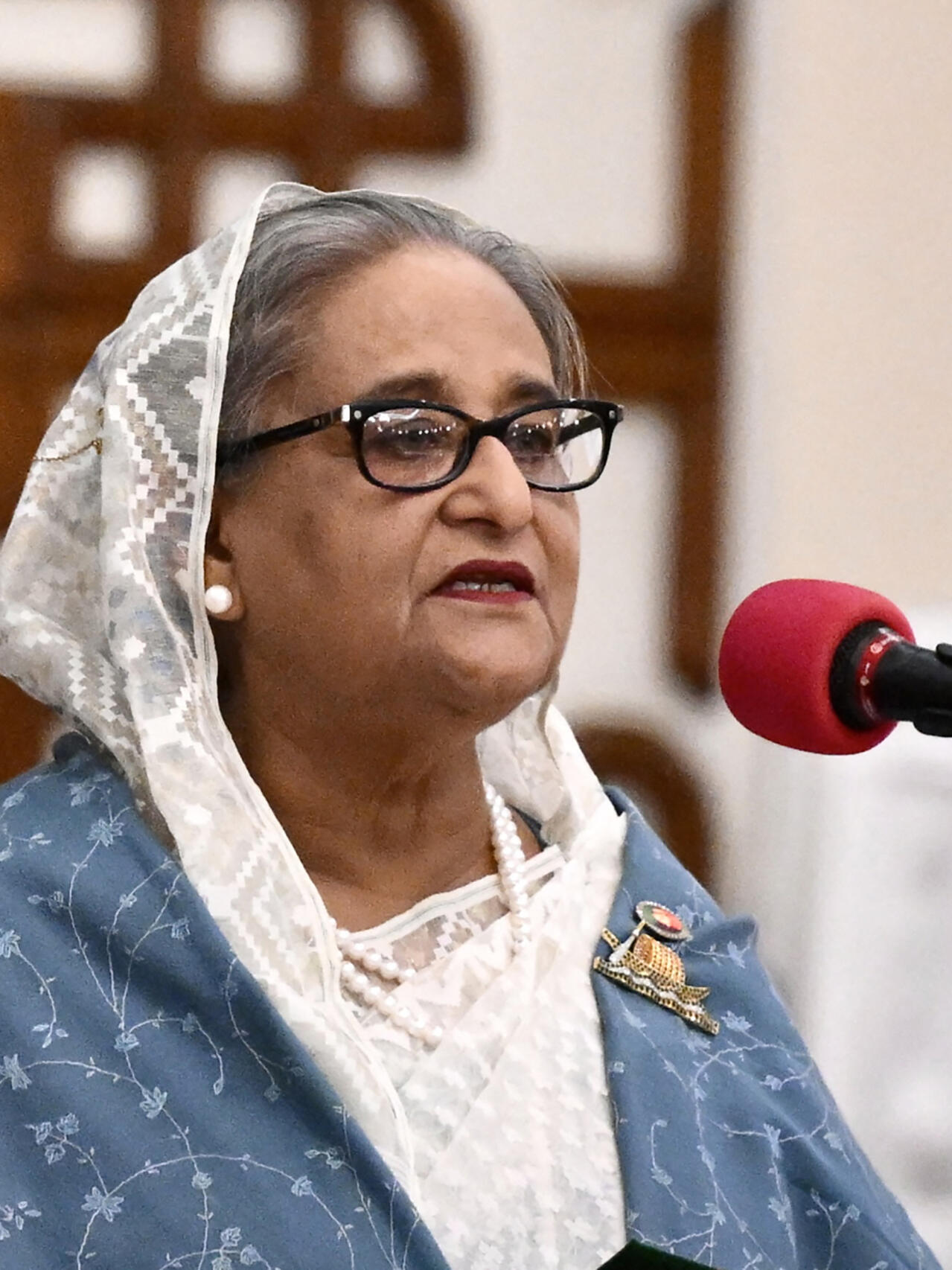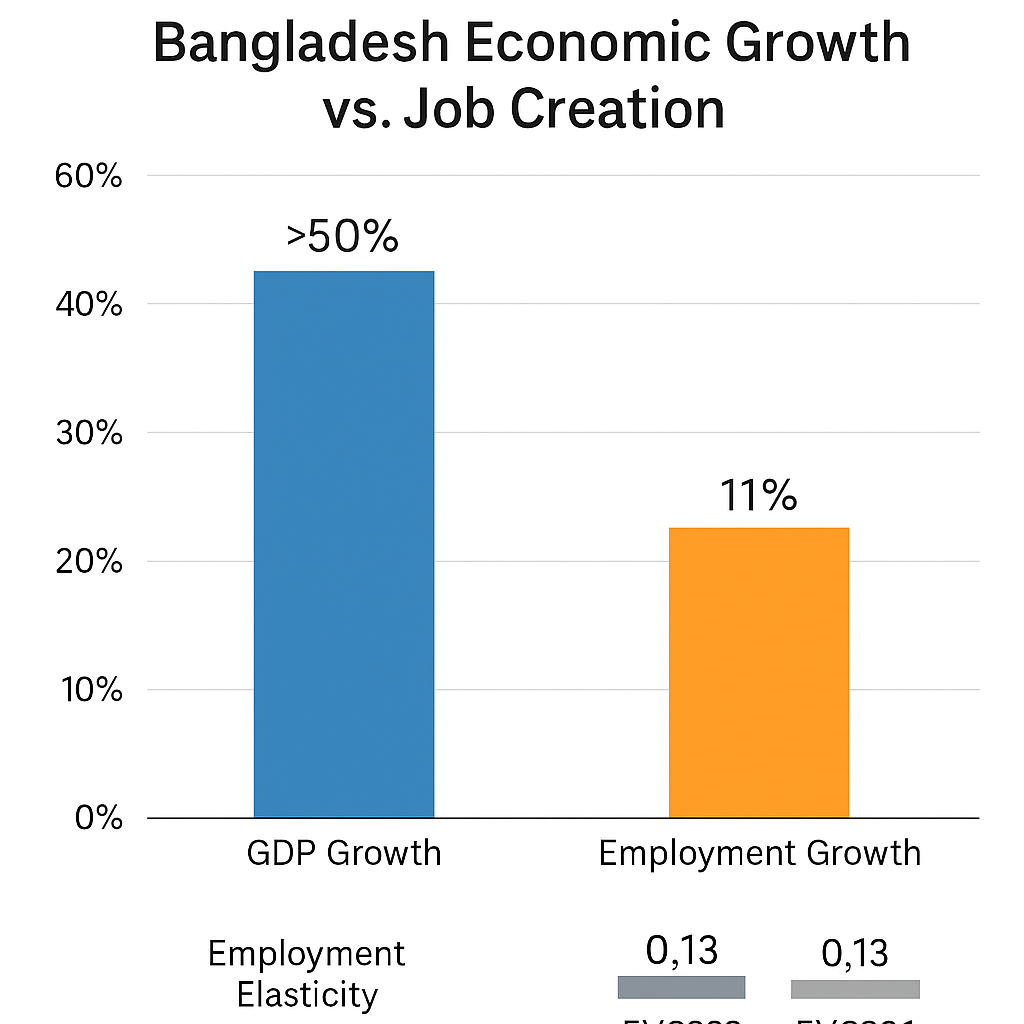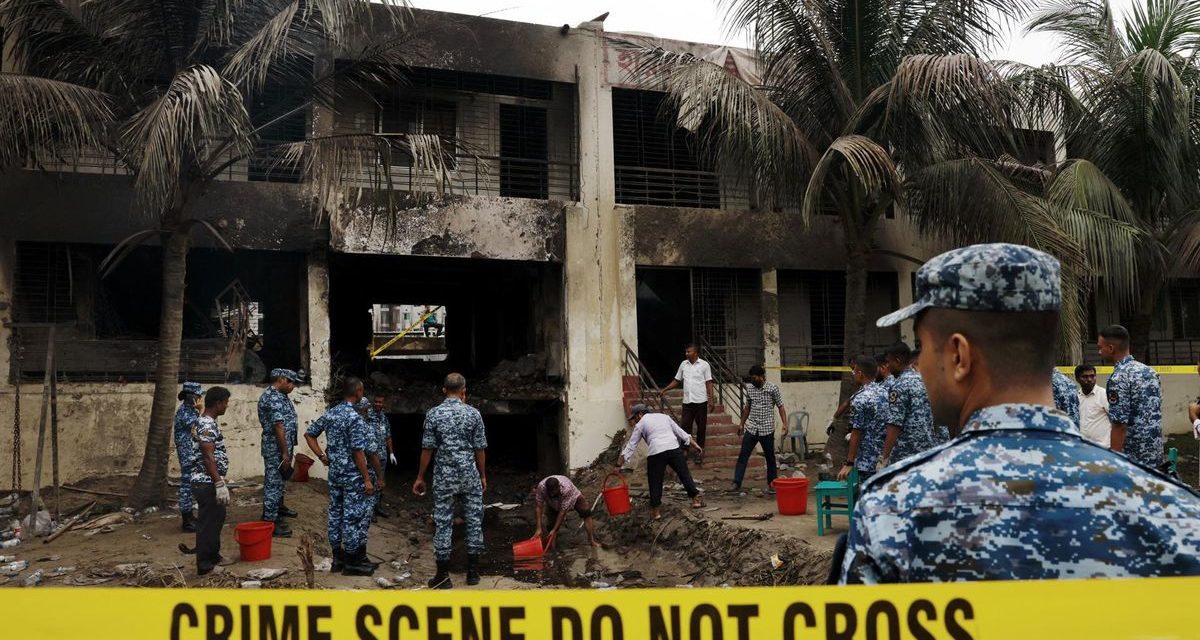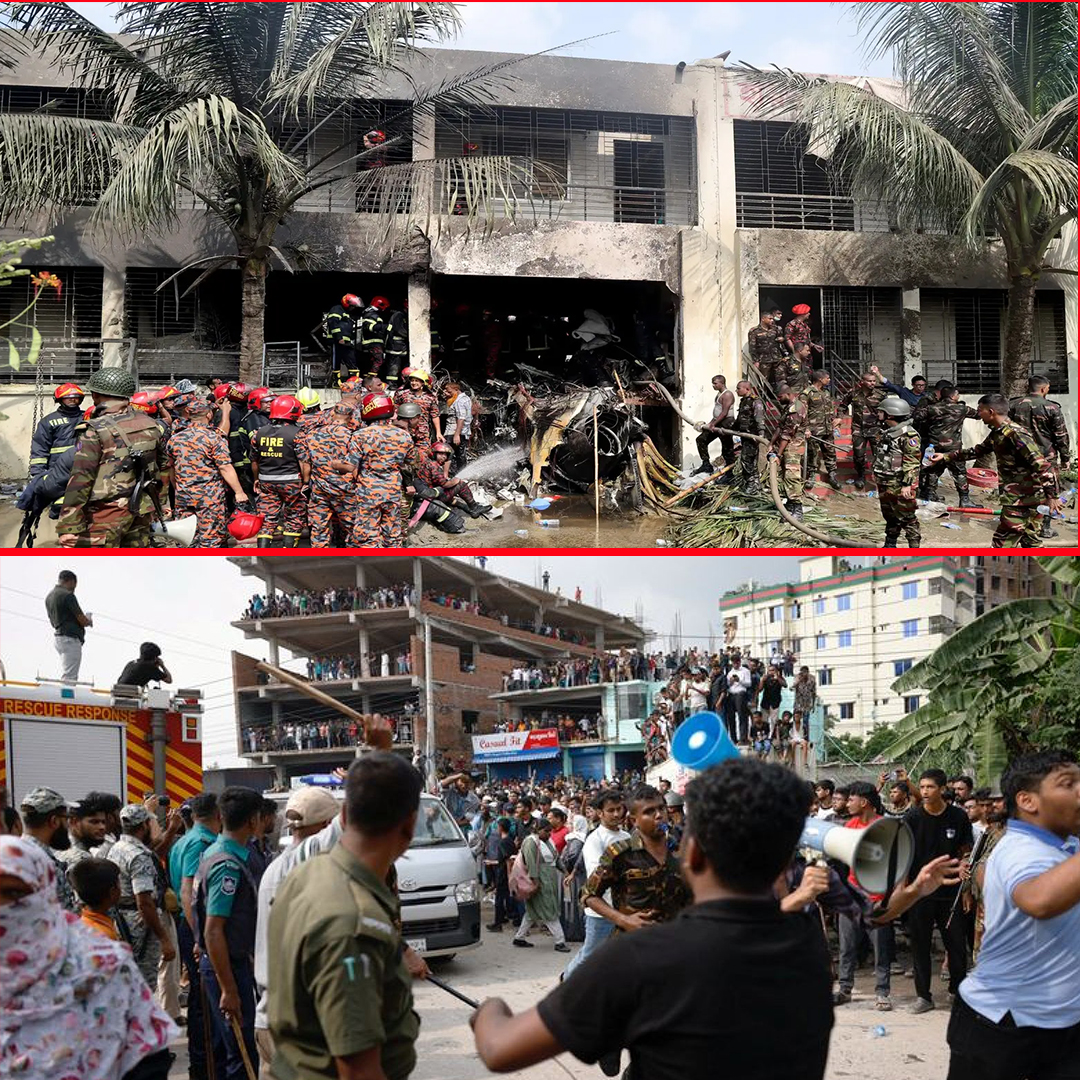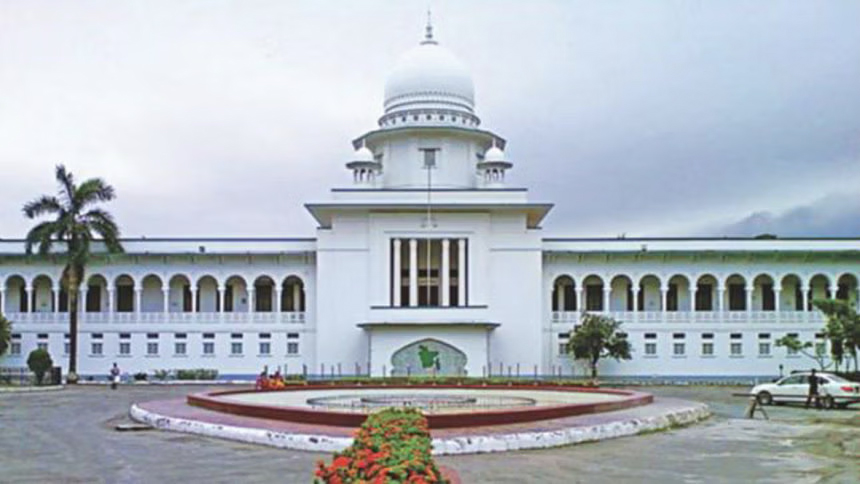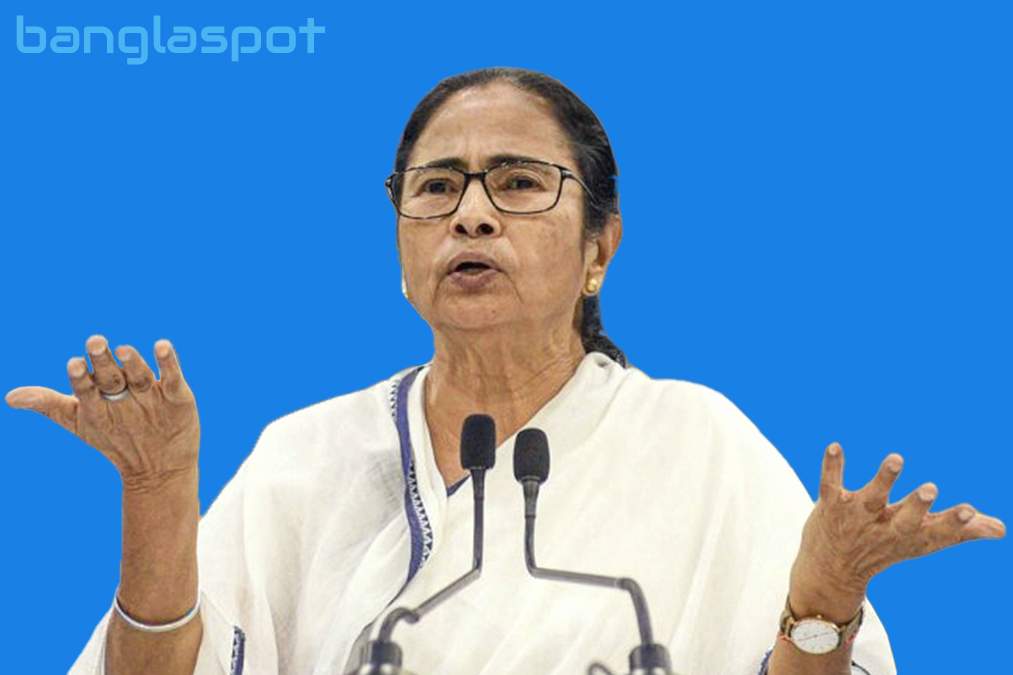
West Bengal CM Mamata Banerjee condemns wrongful detention of Bengali-speaking citizens across India, calls for action to protect migrant workers and uphold India’s pluralism.
Recently, concerns have intensified over the treatment of Bengali-speaking migrant workers from West Bengal who are being unfairly labeled as “Bangladeshis” in several BJP-ruled states in India. This growing issue has sparked widespread debates on citizenship rights, identity politics, and the protection of migrant workers in India, highlighting deeper social and political challenges related to language, culture, and regional identity.
West Bengal shares a border with Bangladesh, and both regions share strong cultural and linguistic ties, with Bengali language as the common thread. Despite this, migrants from West Bengal face increasing discrimination and suspicion in states like Rajasthan, Madhya Pradesh, and Delhi. Reports indicate that many Bengali-speaking migrant laborers have been detained or questioned solely based on their language and presumed nationality, even when they hold valid documents proving their legal citizenship and right to work.
The Chief Minister of West Bengal, Mamata Banerjee, has been vocal about condemning this practice of wrongful detention and harassment of Bengali migrants. She highlighted that hundreds of migrant workers from West Bengal were detained in Rajasthan despite providing legitimate identification. Banerjee emphasized that speaking Bengali should never be a cause for prejudice or discrimination. She pointed out the rich cultural heritage of the Bengali language, associated with literary icons like Rabindranath Tagore and Swami Vivekananda, and urged that India’s core values of pluralism and inclusivity must be upheld.
Banerjee further questioned whether speakers of other Indian languages such as Tamil or Nepali would face similar treatment in regions where those languages are less common. This raises serious concerns about linguistic discrimination and selective targeting of certain communities.
At the heart of this controversy lies the issue of citizenship and legal rights. Banerjee reminded that individuals who arrived in India before 1971—the year Bangladesh became an independent country—are recognized as Indian citizens by law. Despite this, many Bengali-speaking migrants are being misidentified as foreigners without sufficient cause. Linguistic differences between Bengali dialects spoken in West Bengal and Bangladesh also make it clear that language alone cannot determine nationality.
This issue has profound socioeconomic implications for the affected migrant workers. Approximately 2.2 million workers from West Bengal are employed across various Indian states, contributing significantly to the local economies through jobs in construction, domestic help, and small industries. However, the stigma of being branded as “Bangladeshi” puts their employment and social security at risk. Many face eviction, job loss, and social ostracism, which heightens their vulnerability.
Politically, this issue highlights the intersection of nationalism, identity politics, and migration in contemporary India. Mamata Banerjee’s appeals to Prime Minister Narendra Modi and the central government emphasize the urgent need to protect the rights and dignity of all Indian citizens, regardless of their regional or linguistic background. Her statements have prompted broader discussions on the politicization of ethnicity and language as tools for exclusion.
This ongoing situation poses a serious challenge to India’s commitment to diversity and pluralism. India prides itself on being a nation of many languages, religions, and cultures, yet incidents like these reveal the vulnerabilities faced by linguistic minorities. It underscores the urgent need for policies that protect minority rights and promote social cohesion.
The fear and suspicion targeting Bengali-speaking migrants could escalate communal tensions and threaten national unity. It is crucial that government agencies, law enforcement, and civil society work collaboratively to prevent discrimination based on language or perceived origin. Awareness campaigns and education about India’s linguistic diversity can help foster empathy and reduce prejudice.
In conclusion, the branding of Bengali-speaking migrants from West Bengal as “Bangladeshis” in parts of India challenges the country’s pluralistic values and human rights commitments. This issue demands clear legal safeguards, fair enforcement, and strong political leadership to uphold the dignity of all citizens. As West Bengal’s leadership advocates for the protection of its people, the central government must respond decisively to support migrants and reinforce India’s foundational principle of unity in diversity. Through collective efforts, India can ensure that its rich diversity remains a source of strength rather than division.
source: the dailystar


